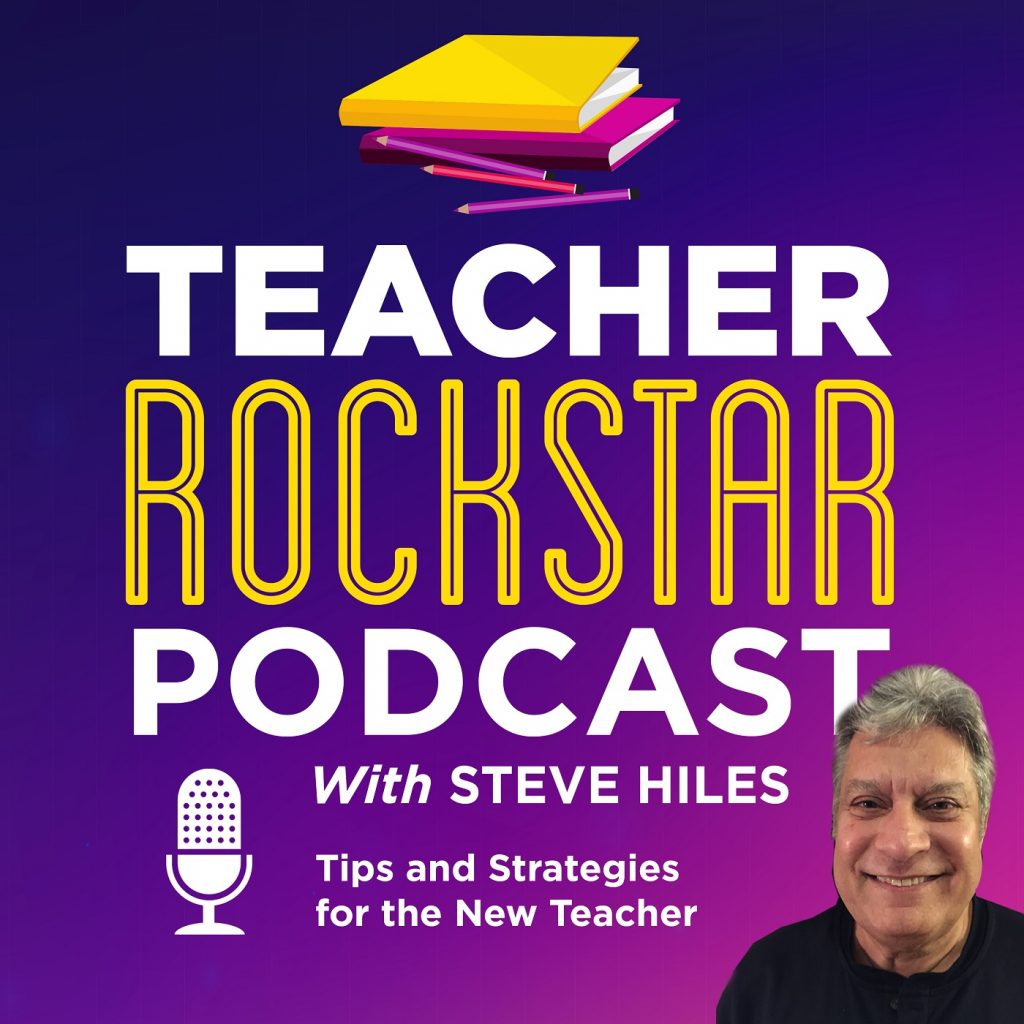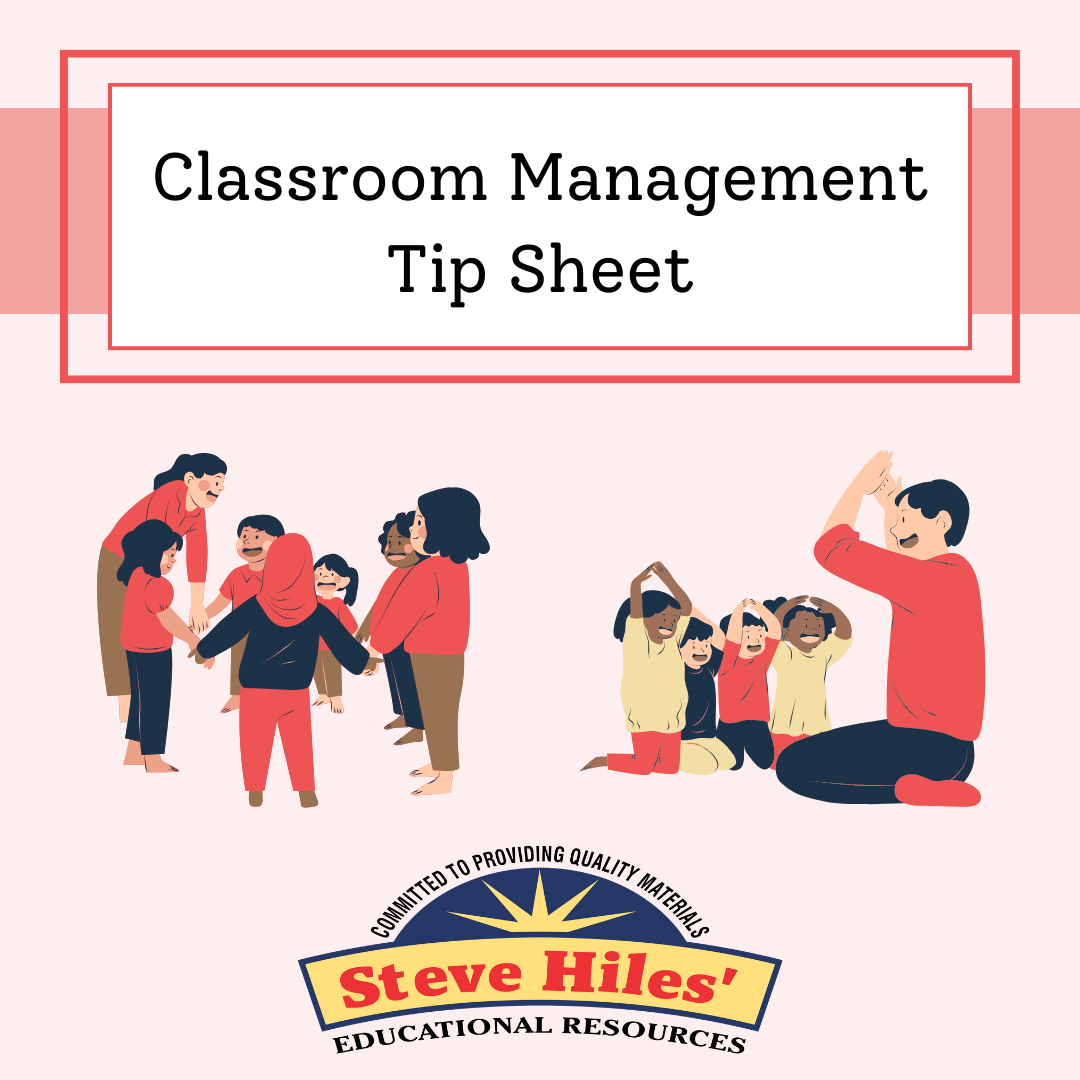Music for Math
Many connections can be made between musical and mathematical abilities. Musical elements like tempo, meter, rhythm, frequency, harmony, and tuning systems can be used to demonstrate math (and language/literature) concepts in real applications that students can hear and experience. Math concepts like counting, sets, ratios, and various kinds of measurements can also be presented using musical ideas.
A 1993 study set off a lot of interest in educational circles about the “The Mozart Effect.” Rauscher et al. showed that there were real improvements in spatial intelligence when students listened to Mozart while doing activities. Don Campbell’s 1997 book “The Mozart Effect” makes many controversial claims that listening to classical music improves brain function — but some research supports it. Playing classical music to babies, pre-birth may indeed have real effects on brain development.
All the best,
Steve







